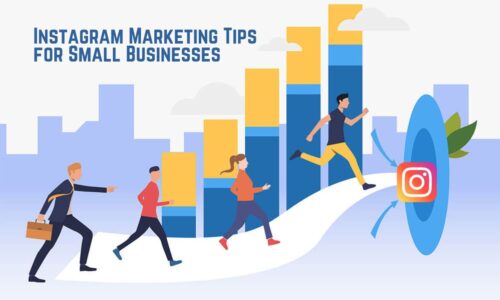Simple Ways To Optimize Your Website For SEO

Wouldn’t it be awesome if your website rose to the top of search results, attracting the perfect audience without requiring tons of technical wizardry? The good news is that focusing on both great SEO and a fantastic user experience achieves exactly that. Let’s break down those simple ways to optimize your website for SEO, yet powerful, strategies.
Keyword Research: Decode the Search Language
Picture keyword research as learning the language of your ideal customers. It’s figuring out the exact words and phrases they type into Google when they need what you offer. Here’s a deeper dive into uncovering those golden terms:
- Your Toolkit: Google Keyword Planner is a fantastic free starting point. While basic, it shows you how frequently terms are searched and offers ideas for similar phrases. Paid tools like SEMrush or Ahrefs unlock even more possibilities, like analyzing what keywords your competitors rank for.
- Go Long (and Short): Short-tail keywords (“shoes”) have tons of search volume but are insanely competitive. Long-tail keywords (“waterproof women’s hiking boots size 9”) are more specific, often easier to rank for, and signal high intent, meaning someone’s closer to buying. Your keyword strategy should include both!
- Mind Reading 101: What problems keep your customers up at night? Are they comparing products, searching for a local service, or just want some fun facts? Craft content catering to each part of the buyer journey for maximum SEO impact.


On-Page Optimization: Make Search Engines Love You
With a solid list of keywords in hand, it’s time to optimize your website’s pages strategically:
- Enticing Titles & Descriptions: This is your digital storefront window! Craft titles and meta descriptions that are clear, exciting, and naturally work in a keyword or two.
- Headers: Help Visitors Navigate: Treat your headers (H1, H2, etc.) like mini titles within your content. Break up your text, highlight important points, and organically use your keywords where it makes sense.
- Images Add Flavor: Alt text describes your images in a way search engines understand (and ensures accessibility). It’s another opportunity to subtly use keywords! But remember, descriptive text is key.
- Content is Your Superpower: Write in-depth, valuable articles that go beyond just plugging your product. Solve problems, answer questions, and become your audience’s go-to resource. Use keywords throughout but avoid unnaturally stuffing them in.
The Power of Internal Links: Imagine internal links as helpful arrows pointing people to other awesome parts of your site. They help search engines efficiently crawl everything you’ve got.

These behind-the-scenes factors have a massive impact on whether search engines (and people!) adore your site:
- Mobile Matters More Than Ever: Google’s mobile-first indexing means your mobile site needs to shine. If it struggles to load or looks bad on phones, your rankings will suffer.
- Speed Racer: Nobody likes waiting for a website to load. Use Google’s PageSpeed Insights to identify and fix anything bogging down your pages. Common culprits are huge images, or messy code.
- A Clear Path: Intuitive menus and well-structured URLs help visitors and search engines find what they need fast. Consider a sitemap (an index of all your pages) for even better organization.
- Broken Links are Bad News: Make it a habit to check for broken links (pages that lead nowhere). These frustrate users and signal to Google that your site isn’t well maintained.
Link Building: Build Your Credibility
Imagine each link from another website as a little recommendation for yours. This tells search engines your content is trustworthy and deserves a rankings boost. It takes time, but the payoff is huge:
- Start at Home: Don’t underestimate internal linking! Connect to relevant content on your own site.
- Outreach Efforts: Guest post on quality blogs in your niche, participate in industry forums where you can genuinely add value, or create infographics or resources so incredible that people naturally want to share (and link to) them.
Conclusion
SEO is an ongoing process, but it doesn’t have to be overwhelming. By understanding your audience, optimizing your content, and handling those technical must-haves, you’ll create an SEO powerhouse of a website. Celebrate the small wins with analytics tools, and watch your traffic steadily climb!





